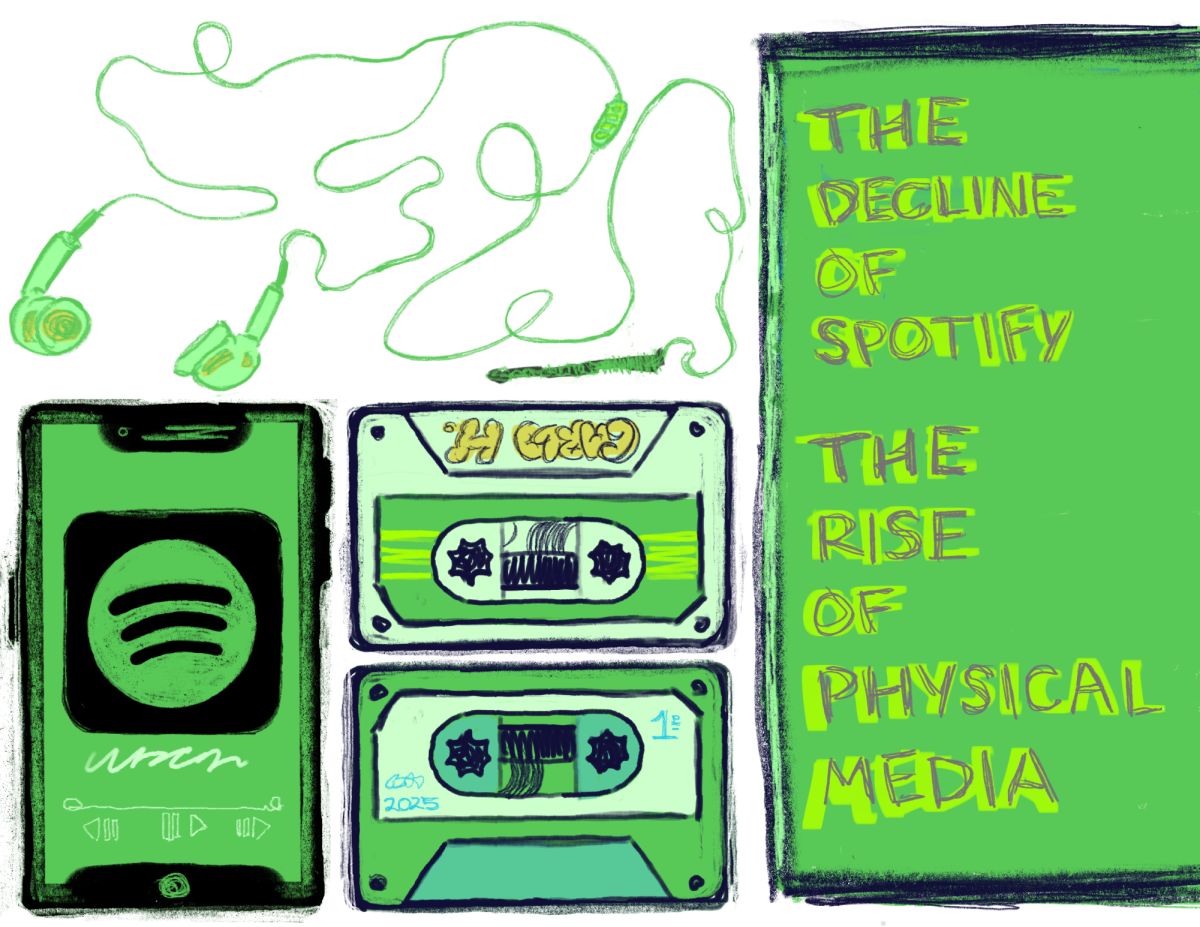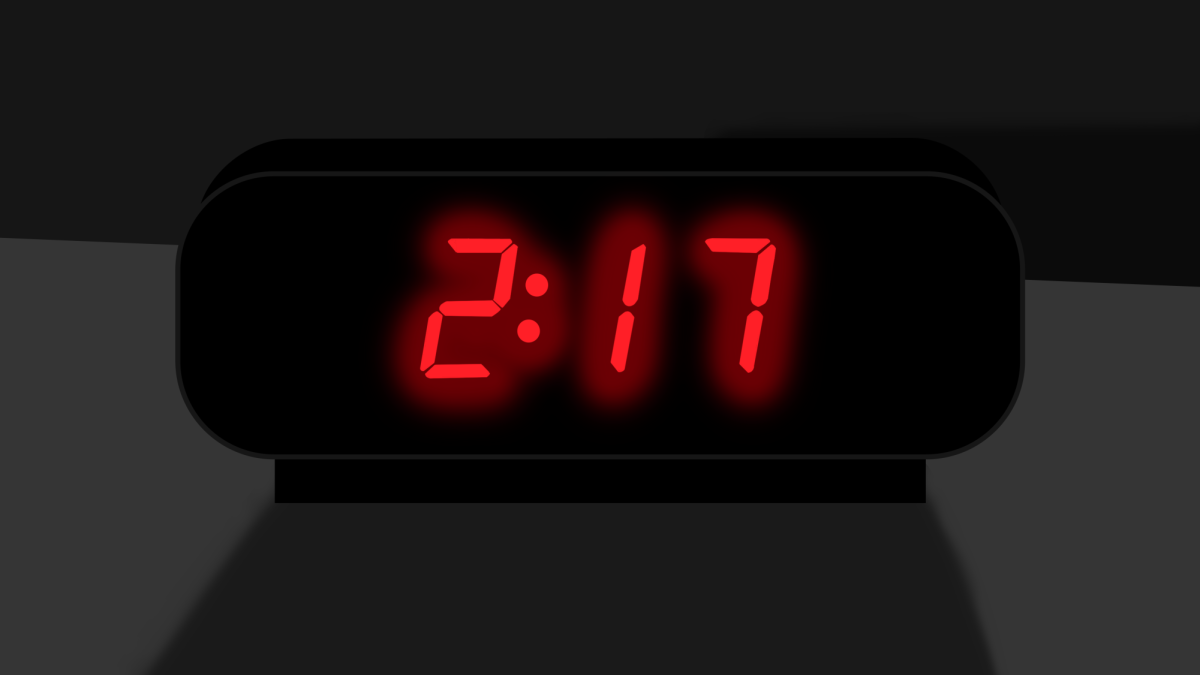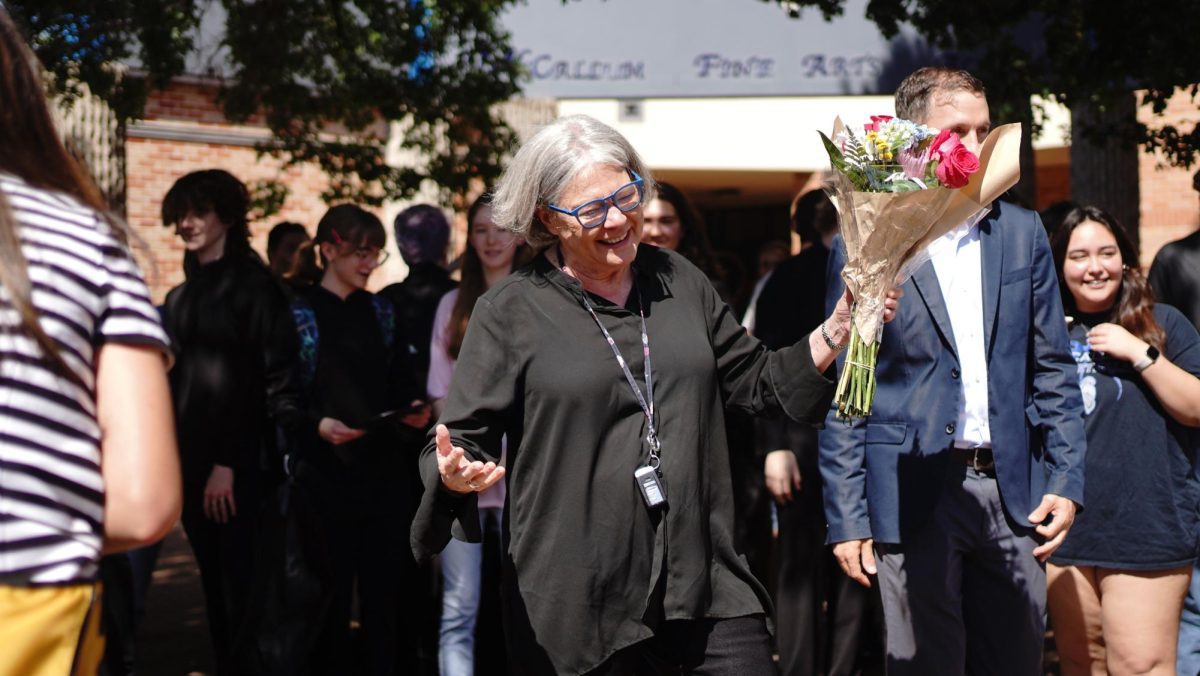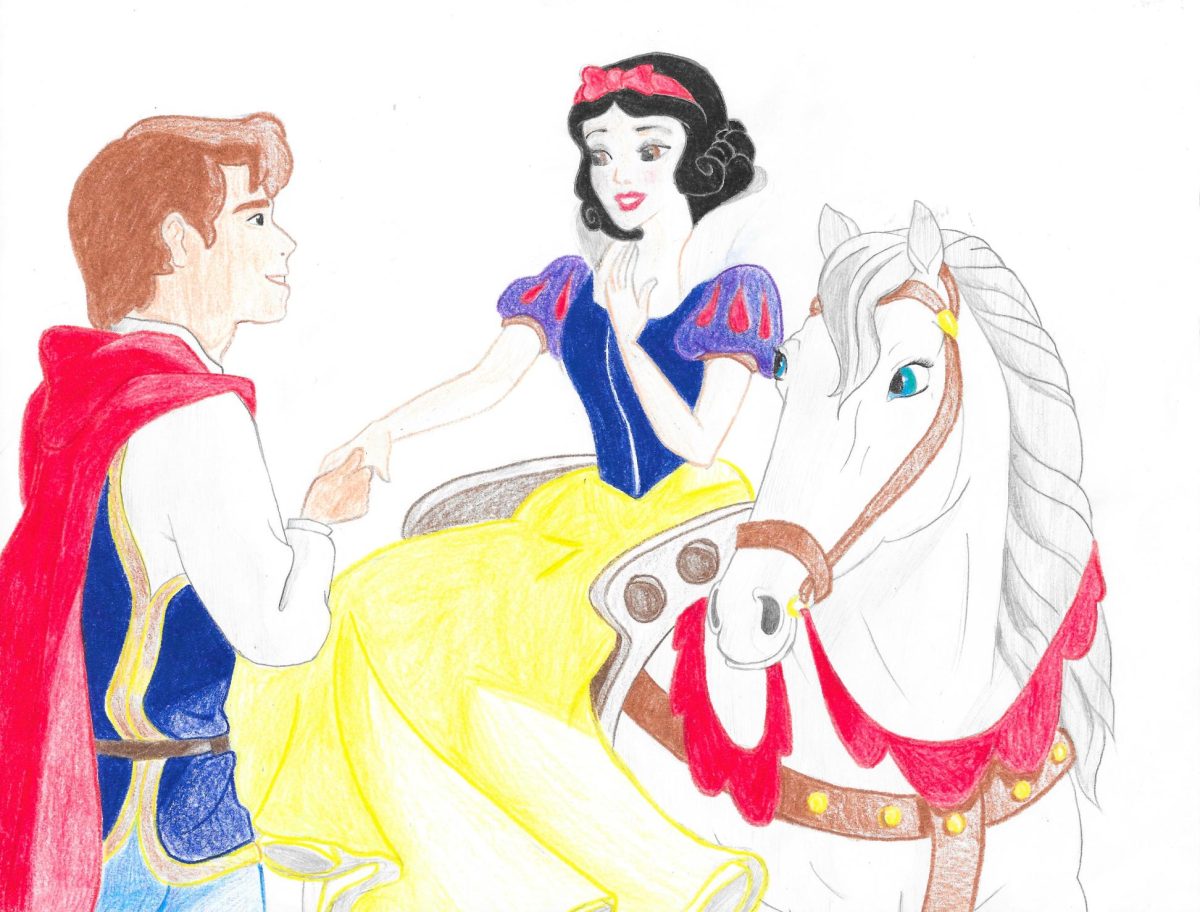In 2006, Swedish developer Daniel Ek had an idea that would change the music industry forever. In 2025, he’s now a multi-billionaire with the music industry in his palm. However, when you reach the very top, there’s nowhere else to go but down.
Ek created the music streaming platform ‘Spotify,’ which was originally made as a legal way to get around music piracy. The platform was first released to the public in October 2008, and 16 years later, Spotify has amassed nearly $140.31 billion in revenue and has 678 million monthly active users. However, billionaire Ek’s investment in warfaring technology, along with his treatment of artists on the platform, has led to controversy.
The debate began with the company Helsing. Founded in 2021 in Munich, they use artificial intelligence-powered technology programmed into drones. The drones fly over battlefields and collect as much data as possible from the opponent’s side using sensors. This information is sent back to military commanders, enabling them to plan in real time.
In June 2025, Helsing announced a funding boost of 600 million euros, equivalent to approximately $700 million USD. This money came out of Ek’s personal fund, who has also taken up a position as chairman of Helsing. This investment in AI-powered weapons has led to a drop in Spotify stocks by almost 18 percent. This disdain towards Spotify has motivated music listeners to return to physical media, such as vinyl records, CDs and cassettes.
Ek’s decisions to invest in Helsing not only benefitted the growing company but also his own personal wealth. According to world geography and AP European History teacher Greg Anderson, this investment goes deeper than it appears on the surface.
“He argues that, as a European, with the changing relationships with Russia to the East and America’s less involved protection of Europe, they need to take a more direct route to safeguarding their continent and their cultures,” Anderson said. “When Helsing gets their military contracts, which will be billions of dollars, he will make quite the return on this.”
Not only is Helsing being criticized for its motives, but its use of artificial intelligence as well. Spotify had previous issues with AI earlier this year, as fully AI-generated music had been amassing thousands of streams on the platform. Junior Pablo Arteaga, who uses Spotify to upload his music, is disappointed with how AI has been dominating artistic spaces.
“Spotify’s CEO investing in AI-operated drones speaks to him being a little more than a moneymaker,” Arteaga said. “Those drones are designed to hurt people, and if he doesn’t care who dies for his money, I can’t say he cares a bit for artists. Just look at how Spotify uses AI on their own platform; they’ve been caught setting up endless revenue streams from fake artists, with fake music and fake listeners.”
Along with Arteaga, senior Kingsley Taylor, lead singer of Malaysiabrunei, which won the 2025 McCallum Battle of the Bands, acknowledges the detrimental effects AI could have on human creativity and livelihood.
“For a company that pays their artists so horribly, it’s insane they have the gall to invest that much money into AI and still make a profit,” Taylor said. “It’s a horrible cycle that could potentially take over the music industry if we’re not careful.”
This ongoing debate has led to several artists choosing to draw their entire discographies from the platform. Large acts such as Godspeed You! Black Emperor and Deerhoof removing their music has led to several other groups, both big and small, following in their footsteps. These bands have managed to coerce their record labels into removing the music; however, many artists who disagree with Spotify are unable to do so due to ties with record labels. Anderson thinks that for many of these artists, Ek’s investment was a final straw.
“They’re already getting paid a fraction of a cent for their music and they may have seen it as just publicity, or a chance to expose people to their music so that you’ll go to their shows, and for them, this was the nail in the coffin,” Anderson said. “There are alternatives to Spotify and they also don’t want to be part of something that’s contributing to the military industrial complex.”
Continuing the debate, Spotify’s economic decisions and payments to artists have continued to be controversial. For Arteaga, the platform has allowed him to upload music, but not without a cost.
“I previously only put my music on YouTube, Bandcamp and Soundcloud, where uploading music is free of charge, and doesn’t have to pass through a long approval process,” he said. “However, most people don’t find as much convenience with those platforms.”
Despite having such a large net worth, unless you’re an extremely successful artist, Arteaga believes Spotify isn’t the place to make your riches as a growing artist. Spotify used to pay artists per stream; however, that’s now in the past.
“While I have no need to make money from my music just yet,” Arteaga said, “Spotify’s pay rate is upsetting. It was already $0.003-0.005 per play, but they no longer pay per play at all. It’s every thousand plays that they give you money.”
Similar to Arteaga, hosting on Spotify is one of the major ways Taylor has exposed their music to a new audience, somewhat.
“It allows you to get your name out there, at least to an extent. A lot of other platforms do that, but almost all of us [in MalaysiaBrunei] were Spotify users,” Taylor said. “The sad thing about Spotify is that it’s a good ‘business card.’ A lot of people have it, and because of that, you can ride the waves of the algorithm a little bit. We knew we weren’t gonna make much due to how ridiculously low they pay artists.”
Spotify uses a pro-rata system, where royalty payments to the artists are only a fraction of Spotify’s total revenue. This system heavily contributes to why artists uploading their music to the platform make only a sliver of change from streams, while the rest of the money goes back into Spotify.
With all this debate and music being removed left and right, the world is drawn back to physical media. Before there was ever Spotify, music thrived in so many other ways, from vinyl records to cassettes, to 8-track tapes, and then finally to compact discs. Although you may be paying more, Anderson believes that having a physical form of music allows for a closer connection to what you’re listening to.
“I can’t remember who said it recently, but they said, ‘“If you don’t hold it in your hands, you don’t own it,”’ Anderson said. “For example, on Amazon Music, they’re getting a lawsuit filed against them because people will buy digital media and then the platform changes and doesn’t offer it anymore, and then you no longer own it. You paid them money to own it and watch it whenever you want, and it’s being taken away.”
Physical media’s popularity, specifically in younger generations, is out of the ordinary, especially during a time when there are hundreds of different streaming services. However, Arteaga believes that it gives more money to the artists, in a time when streaming services are so lackluster in doing so.
“I think a lot of younger people have woken up to the fact that you don’t really own media when you stream it,” Arteaga said. “So if it goes away, you rely on the record labels to fix the licensing issue or whatever else and put it back where it was, which could happen at any time. When you buy physical media, like a vinyl record or a CD, you own it for good and it’s a one-time tangible payment that doesn’t have you constantly sending revenue to corrupt entities.”
For younger artists looking to get themselves on the map, they don’t have to be trapped in a controversial loop while uploading to Spotify. Taylor frequently uses Bandcamp for their band ‘Malaysiabrunei,’ as it allows young musicians to get their music out into the world and make better revenue from their streams.
“You can upload whatever and it is free,” Taylor said. “You can upload some janky demos you recorded with your phone and start advertising those. It’s better than having no presence, and it’s a good way to get going. Invest in physical media if you can. Research some videos about burning CDs. Play music with people and get involved in the scene, and you’ll start meeting people who can help you with that.”
How listeners invest in music directly affects the artist. For Anderson, music streaming services are secondary to the many other ways people can support their favorite musicians.
“There’s this ideology, especially in punk music, that they don’t want to make money,” Anderson said. “But then they would all have to get jobs, and they don’t get to dedicate themselves to the music, or touring, or honing their craft. If there is no profit and incentive in a capitalist society, then there’s no way these bands can survive. You don’t just start playing music and then play stadiums; you start in clubs playing for your friends and it takes years. It’s just like an athlete or any other form of art.”
“If you want musicians to thrive, they have to be able to make a living doing it,” Anderson said.
When digital music is all around us, we get caught up in making playlists and scrolling endlessly through streaming services like Spotify. Pulling back the pages reveals where multi-billion-dollar companies put their money. For Ek, it’s not towards the artists who run their platforms, further emphasizing the importance of physical media and supporting musicians.








